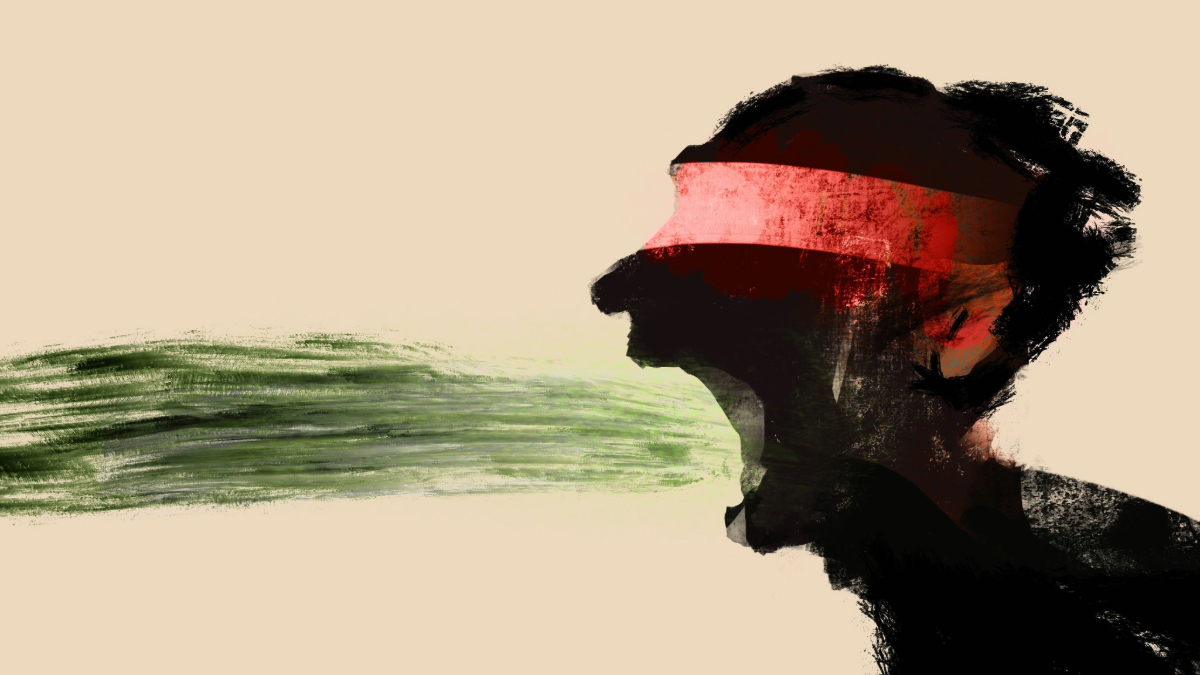2024 US Election: Women of Color Political Candidates are Targeted with More Offensive Speech and Hate Speech Than Other Candidates
Dhanaraj Thakur, Müge Finkel / Oct 4, 2024The number of women and women of color running for a seat in the US Congress has increased in the last decade. While this can make representative democracy and public policies more effective, women also face significant levels of online abuse and mis- and disinformation. The recent rise in both women's participation in politics and online abuse levied against them is not coincidental; the intent behind these attacks is to undermine and prevent women from participating in politics.
At the same time, we know that people hold multiple identities and that these mediate how people interact with each other online. Indeed, women of color face additional forms of oppression compared to white women or men of color, and examining the specific challenges of this group is important if we are to address some of the barriers they face. A previous study, which one of us led, found that women of color who ran for Congress in 2020 were more likely to be targeted by mis- and disinformation and violent abuse than other candidates on Twitter. And so we decided to do a follow-up study focused on candidates in the 2024 election.
In our latest study, a collaboration between the Center for Democracy & Technology, the Ford Institute for Human Security at the University of Pittsburgh, and the Politus Project at Koç University, we collected posts from X (formerly Twitter) between May and August 2024 that mentioned the accounts of any of the over 1000 candidates running for Congress. In all we collected over 800,000 such tweets. In addition, we included tweets mentioning the account of Vice President Kamala Harris as a woman of color and collected another 50,000 tweets. We used a series of large language models to identify posts with two types of language: (1) those that contained offensive speech (i.e., posts with profanity, threats, demeaning language, or ridicule) and (2) hate speech, a subset of offensive speech, where reference was made to the candidate's gender, sexual orientation, race, and/or religion.
Our results suggest that overall there is a gender gap in the proportion of posts containing offensive speech and hate speech targeting candidates. On average, 18% of posts targeted at women candidates contained offensive speech, compared with 15% for men. For hate speech the proportions were 1.7% for women candidates and 0.3% for men.
Our main finding, however, goes further. When we look at women of color specifically, we found that the proportion of posts with offensive speech was much higher for Asian-American women candidates (23%) and African-American women (21%) than any other group. White women were subject to less, at 18%. And for Latinx women candidates, the proportion was closer to the overall average, similar to that of white men and men of color (16%). It's important to reiterate that the texts of these posts don't actually mention race or gender but nevertheless some women of color are more likely to be targeted with offensive speech.
When we did examine posts with negative references to gender, race, etc. (i.e., hate speech), we found a similar if not more concerning pattern, where African-American women candidates were targeted with significantly more hate speech than any other group. In particular, 4% of all posts targeted at this group of women included references to the candidate’s identity, such as race (e.g. @candidate “get ready to get deported in November”), gender (“We should replace @candidate with a man, see how she likes it”) or religion (@candidate “I don’t know what Bible you’re reading but it’s certainly not the Christian Bible. You’re pathetic”). That is, African-American women candidates were 4 times more likely to be targeted with hate speech than other women of color candidates, a stark reminder of the additional barriers that some candidates and their campaign teams face compared to others. It is also a reminder that this is the reality that many advocates, civil society, and academics (particularly those from communities of color) have been pointing out for a long time.
One question that we asked when noting these results was about the impact of party affiliation, given that women of color are represented in both political parties (although there are significantly more in the Democratic Party). On average, Republican women candidates are more likely to be targeted with posts containing offensive speech (21%) and hate speech (2.2%) compared to Democratic women candidates (17% and 1.4% respectively). However, when we look specifically at women of color candidates, the trend is reversed. Democratic women of color candidates are targeted with significantly more posts containing offensive speech (19%) and hate speech (2.5%) compared to Republican women of color candidates (10% and 0.13% respectively). Future research can look at specific candidates to understand the extent to which high profile candidates in either party may impact these averages. That said, the huge differences in results between Republican women of color candidates and their Democratic counterparts suggest that how women of color candidates discuss their identities online and the kinds of issues they focus on could also be a factor in the likelihood of being targeted.
Our final result concerned Vice President Kamala Harris. We compared the proportion of posts that targeted her that contained offensive speech and hate speech. We found that these proportions were lower than those for women of color congressional candidates on average. Specifically, our results show that Vice President Harris received 40% less posts with offensive speech than other women of color candidates overall, and 45% less than other African American women candidates in particular. In terms of hate speech, we find the same pattern where proportions of hate speech targeted at Vice President Harris were 0.3% compared to 2.5% for other women of color candidates, and 4% for other African-American women candidates, and 1% for other Asian-American women candidates. While puzzling on the surface, we believe there are some factors that can help account for this phenomenon, starting with the time period during which we collected tweets, from May to August this year. During this period, Vice President Harris received a burst of attention on social media that may have impacted the proportion of hateful or offensive tweets. In addition, there is also the fact that Vice President Harris does not explicitly discuss her gender and race to most audiences. Regardless of these explanations, her candidacy brings a new but not uncommon dimension to further unpack the online experiences of women of color candidates during an election cycle.
While women politicians and aspirants face many barriers to entering and progressing through the ranks of democratic representation, our study suggests that the extent and nature of barriers online are worse for women of color candidates across the board, and significantly worse for African American women candidates. These racial and gender-based differences are bound to negatively impact the quality of democratic governance. At the individual level, research suggests that the chilling effect that stems from this kind of online abuse is real and for women running for public office. In addition, previous research noted that women of color and their campaigns described these attacks as traumatic.
The larger impacts of these harms online may match the aims of those who conduct these attacks and harassment campaigns–to deter women of color from representative politics, which would be a loss for everyone. Indeed, recent analysis suggests that the proportion of women of color running for a Congressional seat has declined from the historic high of the 2020 election. While we will need more analysis to determine the reasons behind this decline, social media companies, researchers, civil society, and journalists can all act now to address, document, and call out the harmful effects of offensive speech and hate targeted at women of color candidates.
Authors


